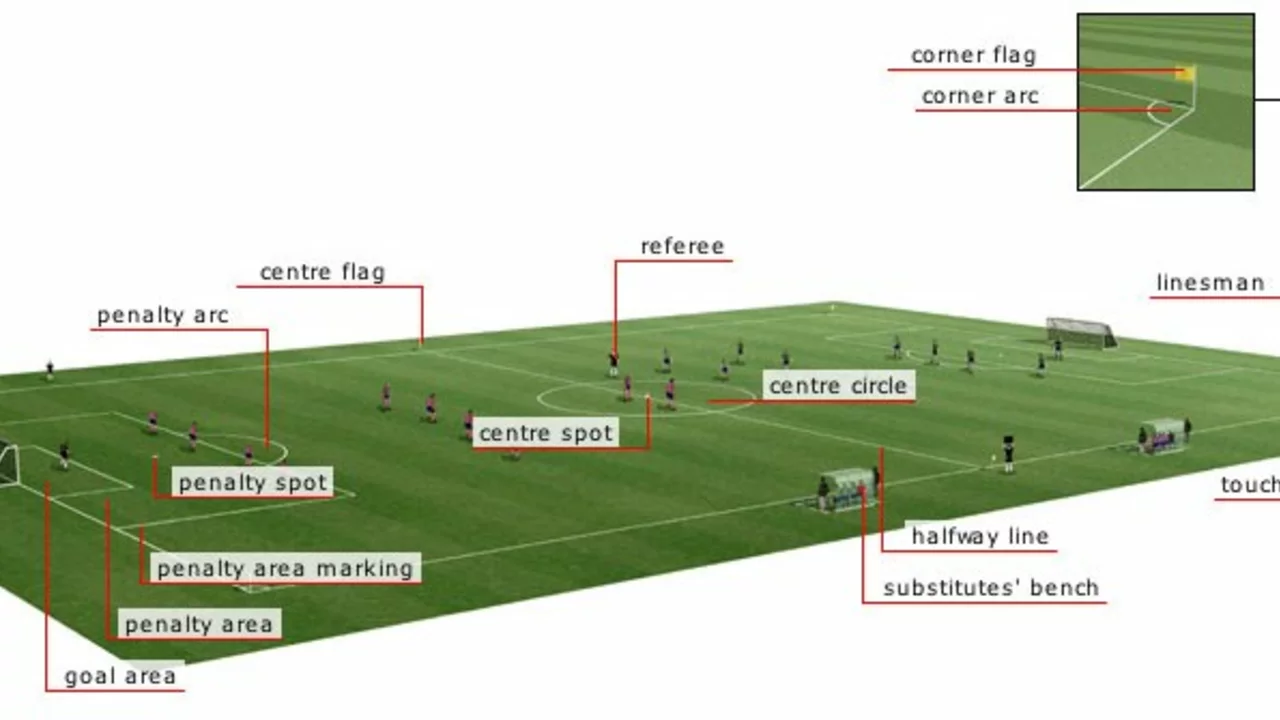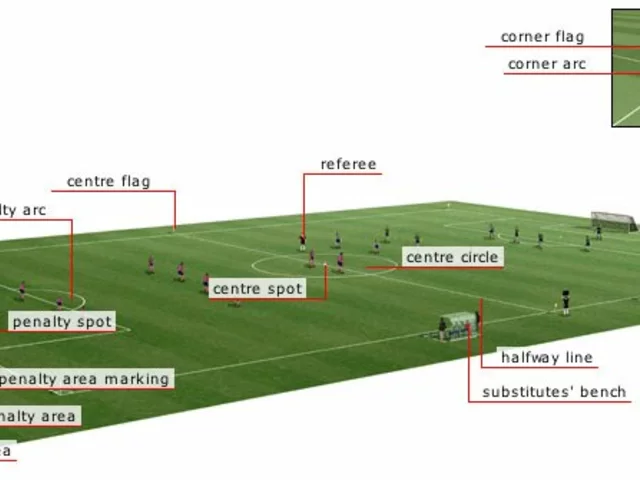How to say 'football' in Spanish? How does it differ from soccer?

Introduction to Sports in Spanish-Speaking Countries
As we begin this journey, first, let's take a moment to appreciate how sports, specifically football, have left a significant impact on Spanish-speaking countries. We'll understand its important cultural significance and why it's crucial to know the right terms when speaking about football in Spanish. I'm excited to share this journey with you, and I hope you find it as interesting as I do.
What is Football Called in Spanish?
Now, let's cut to the chase. The word for 'football' in Spanish is 'fútbol.' That's right, just a minor tweak from the English term, and you're good to go. It's pronounced as 'foot-bol,' with the accent on the first syllable. Remember, in Spanish, the letter 'u' is pronounced like the 'oo' in 'foot,' and the 'o' is pronounced like the 'o' in 'hot.'
Is Football the Same as Soccer?
This is where things get a bit confusing, especially for my American friends. In the United States, 'football' refers to a completely different sport altogether - what the rest of the world knows as 'American football.' What the rest of the world calls 'football,' Americans call 'soccer.' So, what do Spanish-speakers call American football? They have a different term for it - 'fútbol americano.'
How to Use 'Fútbol' Correctly in a Sentence
Knowing the word is one thing, but using it correctly in a sentence is another. In Spanish, the verb 'play' translates to 'jugar.' So, if you want to say 'I play football,' you'd say 'Yo juego al fútbol.' It's important to note the use of the preposition 'al' after 'juego.'
Understanding the Importance of Football in Spanish-Speaking Countries
Football - or should I say 'fútbol' - is not just a sport in Spanish-speaking countries; it's a way of life. It's a cultural phenomenon that connects people across different backgrounds and ages. It's a spectacle that brings joy, passion, and sometimes, tears. Understanding this is key to appreciating the significance of 'fútbol' in the Spanish language.
How to Talk About a Football Game in Spanish
Now that you know the basics, let's learn how to talk about a football game in Spanish. You'll need to know terms like 'partido' (game), 'gol' (goal), and 'campo' (field). So, 'The game was on the football field' would be 'El partido fue en el campo de fútbol.'
Key Football Positions in Spanish
Moving on, let's look at some key football positions in Spanish. A 'goalkeeper' is a 'portero,' a 'defender' is a 'defensor,' a 'midfielder' is a 'centrocampista,' and a 'striker' is a 'delantero.' Knowing these terms will help you talk more accurately about football in Spanish.
Football Leagues and Clubs in Spanish
If you're a football fan, you'd probably want to talk about your favorite leagues and clubs in Spanish. For instance, the Spanish professional league is known as 'La Liga,' and some of the most popular clubs include 'Real Madrid' and 'Barcelona.'
Football Events and Tournaments in Spanish
Lastly, let's not forget the big events and tournaments. The World Cup, for instance, is called 'La Copa Mundial.' The Copa America, a popular tournament among Latin American nations, retains its Spanish name in English as well.
Conclusion: Embrace the Football Culture in Spanish
In conclusion, understanding the term 'fútbol' and its usage in Spanish-speaking countries is not just about learning a new word. It's about embracing a culture that's deeply passionate about the sport. So, the next time you find yourself amidst Spanish speakers, impress them with your knowledge of 'fútbol.'



Post a Comment
Your email address will not be published. Required fields are marked*